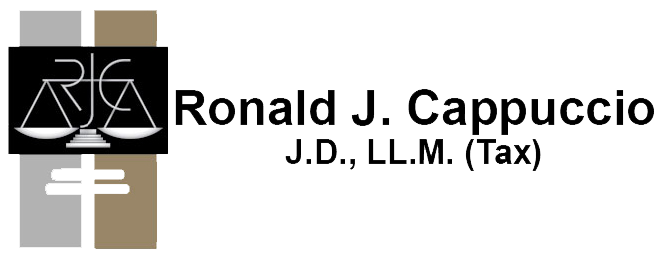Handling An IRS Notice Of Levy For Employees
If you have received a notice of levy from the IRS of an employee’s wages or for monies owed to a creditor, you have obligations as well as rights. First, remember that the notice of levy is not for taxes that you owe but rather is for taxes that may be owed by the person levied upon. Under federal and state law, a wage execution cannot be a cause for terminating an employee.
What Has To Be Paid To The IRS?
Wage Execution
The employee completes part four of the form indicating their marital status and exemptions. As the employer, you calculate the amount to be withheld from the employee’s wages and turned over to the Internal Revenue Service. Frequently, new and lower paid employees quit employment upon the wage execution because there is little incentive for them to work with a significant portion of money being paid to the Internal Revenue Service. Therefore, you should encourage them to seek the advice of a tax attorney to resolve their employment tax problems.
Other Levies
If you owe money to a creditor and you receive a levy, you are required to discontinue making payments to that creditor. Nevertheless, you are not required to pay anything to the Internal Revenue Service unless you are going to pay that to the creditor. For example, if you choose not to pay the creditor for any reason, you do not have to pay the Internal Revenue Service either. The IRS can only collect monies that are actually due and owing to the creditor, and they cannot force you to pay additional monies, disputed monies or monies that you have chosen not to pay the creditor for any reason. Your liability to the Internal Revenue Service is only based upon a payment to the creditor instead of the Internal Revenue Service after a notice of levy is issued.
Conclusion – Action
Wage Execution
- Talk to the employee directly, have the employee immediately complete part 4 of the wage execution to determine what the salary would be.
- Encourage the employee to get assistance from a tax attorney to resolve the matter. Usually, tax problems are the result of other financial problems.
- Withhold the appropriate amounts from the employee and pay that to the Internal Revenue Service as calculated on the payment schedule.
Other Levies
- You do not have to pay the Internal Revenue Service any disputed amounts or amounts in which you believe are not owed to the creditor.
- Do not pay the creditor, rather pay the amounts due to the Internal Revenue Service.
- Verify the correct name on the levy. Only pay the IRS for the creditor named on the levy. Do not pay the IRS if monies are owed to a creditor with a different name.
Contact Ronald J. Cappuccio, J.D., LL.M. (Tax), Today
Contact my law firm at 856-665-2121 or text me at 856-745-4330 to initiate a consultation for legal advice and representation.
